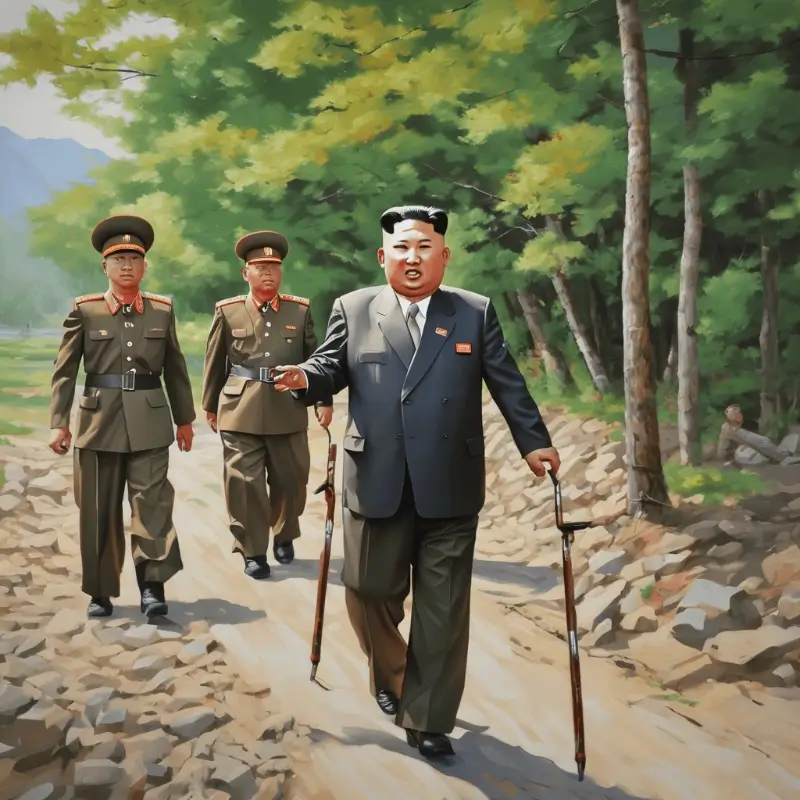why was the construction and fall of the Berlin Wall significant?
The construction and fall of the Berlin Wall were significant for several reasons:
Construction of the Berlin Wall (August 13, 1961):
- Symbol of Division: The Berlin Wall became the physical embodiment of the Cold War divide between Eastern and Western Europe. It separated East Berlin (controlled by the Soviet Union) from West Berlin (occupied by the United States, the United Kingdom, and France).
- Iron Curtain: The wall reinforced the “Iron Curtain” dividing communist and capitalist blocs. It demonstrated the stark contrast between the repressive Soviet-style communism and the democratic ideals of the West.
- Humanitarian Crisis: The wall stemmed the tide of East Germans fleeing to the West in search of better economic opportunities and political freedom. Its construction caused immediate hardship for families separated by the barrier and underscored the lack of individual freedoms in the East.
- International Relations: The building of the wall heightened tensions between the Soviet Union and the West. It was a diplomatic crisis that tested alliances and escalated the arms race.
Fall of the Berlin Wall (November 9, 1989):
- End of Division: The fall of the Berlin Wall symbolized the end of the Cold War and the reunification of Germany. It paved the way for the eventual dissolution of the Eastern Bloc and the Soviet Union.
- Spread of Democracy: The event inspired similar movements across Eastern Europe, contributing to the collapse of communist regimes and the expansion of democracy throughout the region.
- European Integration: The reunited Germany joined NATO and the European Union, further integrating Eastern Europe into Western institutions and helping to shape the modern, post-Cold War European order.
- Global Shift: The fall of the Berlin Wall signified a shift in global power dynamics, marking the beginning of a unipolar world dominated by the United States following the decline of Soviet influence.
- Historical Legacy: It stands as a powerful reminder of the triumph of human aspirations for freedom and unity over repression and division.
The events surrounding the Berlin Wall had a ripple effect around the world, inspiring movements for freedom and democracy in other parts of the globe. It was seen as a victory for the principles of liberty and individual rights.
In summary, the construction of the Berlin Wall was a tragic event that represented the denial of human freedom, while its fall was a triumphant moment that signaled the end of an era of Cold War tensions and the possibility of greater freedom and unity.
The construction and fall of the Berlin Wall profoundly impacted international relations, politics, and the lives of millions of people, shaping the geopolitical landscape of the late 20th century and beyond.



